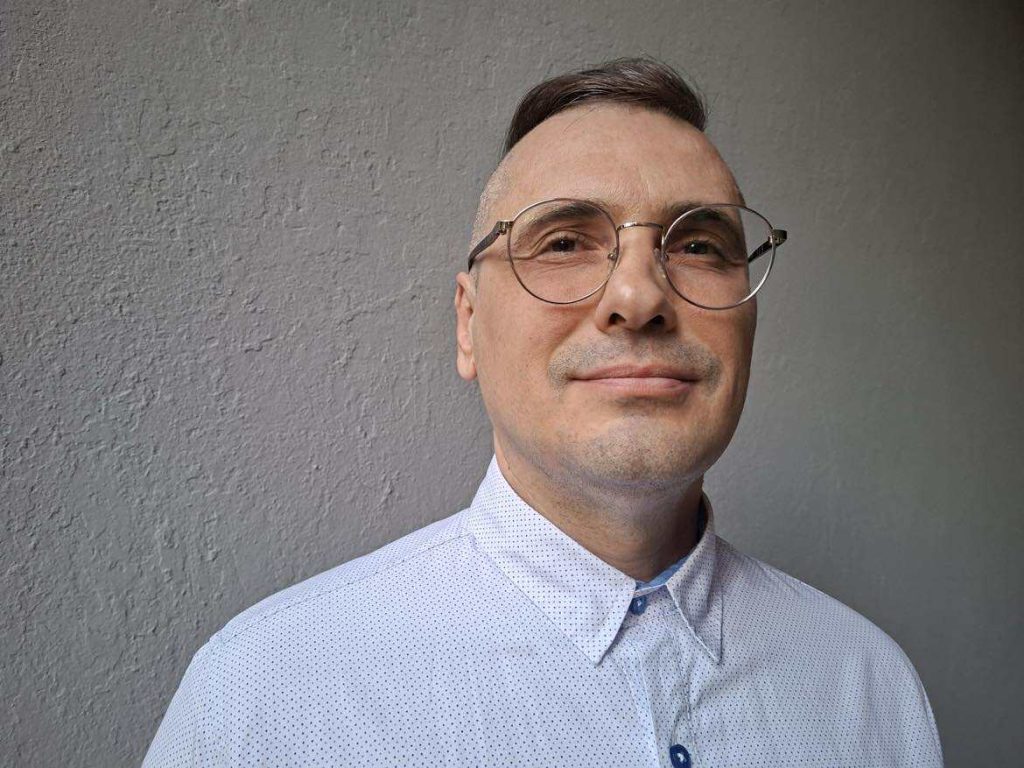
Authorial text by Boris Varga for The Geopost
In the evenings, the streets of Serbian cities become a battlefield between demonstrators and supporters of the ruling Serbian Progressive Party, who are protected by the police.
After the latest major student protest on the Serbian religious and national holiday of Vidovdan (June 28) in Belgrade, protests in Serbia have entered a new, decentralized phase.
Students have called on citizens to organize protests in their local communities, towns, and municipalities, with civil disobedience as the new method of struggle. The goal of civil disobedience across Serbia is to force President Aleksandar Vučić’s regime to call early parliamentary elections that would bring in a new government willing to meet the students’ demands. One of the main student demands is a systematic fight against corruption and punishment for all those responsible for the deaths of 16 people who died nine months ago when a canopy collapsed at a railway station in Novi Sad
Civil disobedience, which began with flash mob blockades of intersections, has escalated in recent weeks into protests in front of Serbian Progressive Party offices in cities across Serbia.
Clashes occur when police protect supporters of Aleksandar Vučić, who throw eggs, water bottles, various objects, and light pyrotechnic material (firecrackers) at demonstrators, which can injure participants.
In recent days, such clashes have broken out in several cities: Novi Sad, Belgrade, Vrbas, Bačka Palanka, Pančevo, Niš, Čačak, and earlier in Novi Pazar and Kraljevo. The police are on the side of Vučić’s supporters and are increasingly unable to maintain order, while every night more and more people are being injured on both sides of the protests.
The Serbian president is deliberately creating a crisis and increasing tensions in society. This is nothing new; such violent political technology has been used since Vučić came to power, almost every time before elections are called.
However, the protests in Serbia, which have been going on for more than nine months, are no longer student protests, they are no longer peaceful, and they no longer have liberal demands. Fear has disappeared, discontent is growing, and more and more citizens are prepared to physically confront supporters of the criminal regime of the Serbian Progressive Party.
And Aleksandar Vučić has returned to his old methods from the period when he was an official of the Serbian Radical Party, which in the 1990s encouraged conflicts in Croatia, Bosnia and Herzegovina, and Kosovo. Now he is arresting dissidents and encouraging conflicts within the country, thus completing the cycle of violence that Serbia will have to face. Vučić will not allow himself to lose the election, nor will he peacefully hand over power to his opponents.

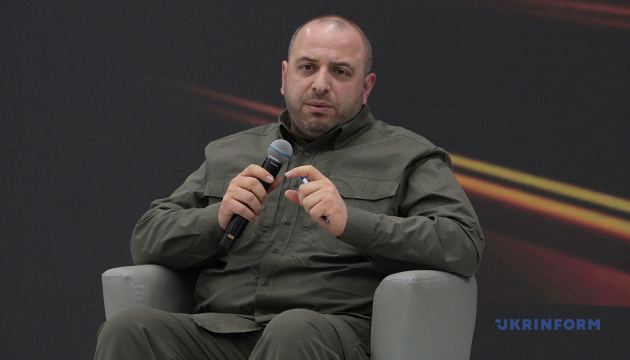 Ukraine, UK agree to joint production of interceptor drones
Ukraine, UK agree to joint production of interceptor drones 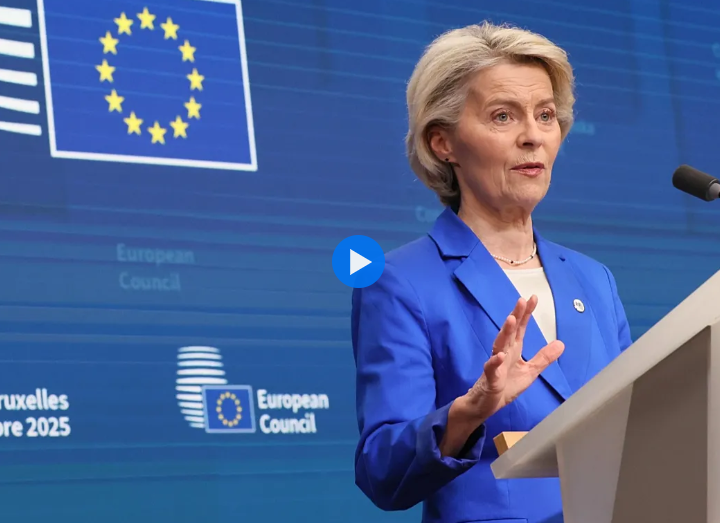 European Union seeks to end dependency on China for rare earths
European Union seeks to end dependency on China for rare earths  The “Flower of Srebrenica” monument unveiled in Vienna
The “Flower of Srebrenica” monument unveiled in Vienna 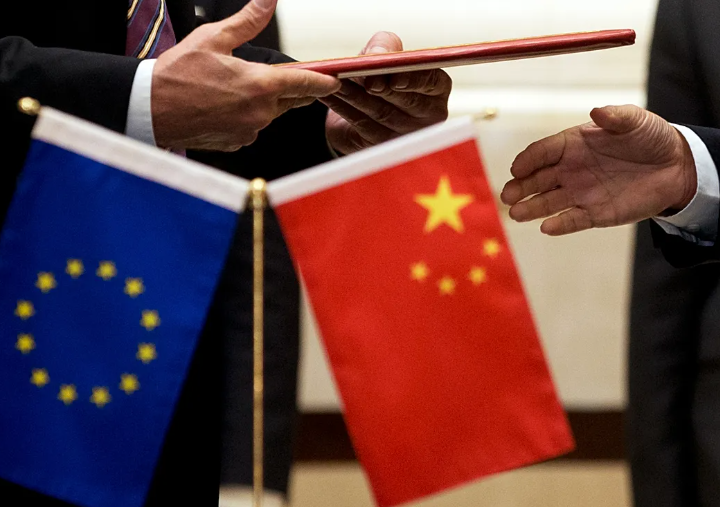 Tensions remain high as China and EU prepare Brussels meeting on rare earths
Tensions remain high as China and EU prepare Brussels meeting on rare earths 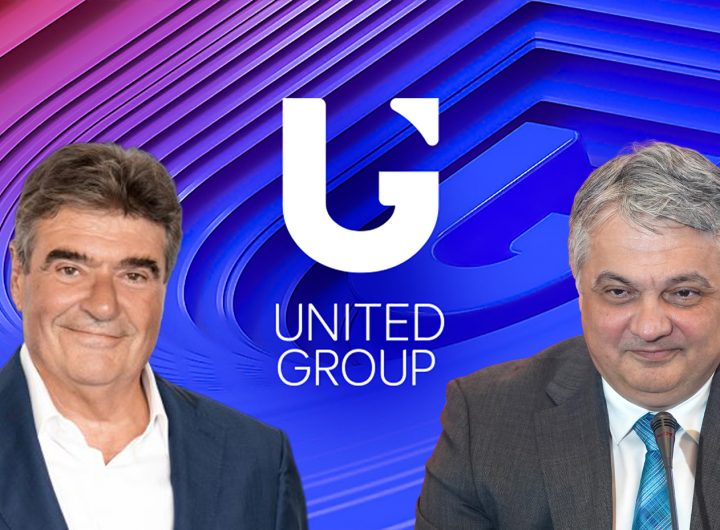 Two months after the release of the Lučić-Müller video: Criminal charges for trading in influence filed with TOK, but the case has no epilogue
Two months after the release of the Lučić-Müller video: Criminal charges for trading in influence filed with TOK, but the case has no epilogue 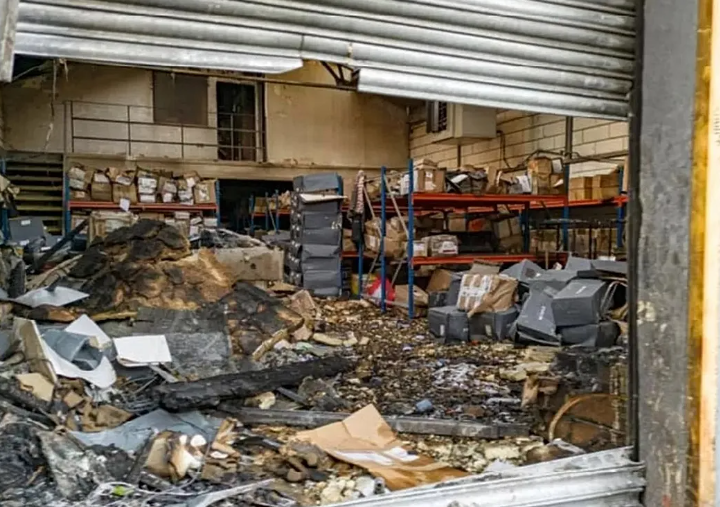 UK judge sentences men for role in Russia-linked arson attack targeting supplies for Ukraine
UK judge sentences men for role in Russia-linked arson attack targeting supplies for Ukraine